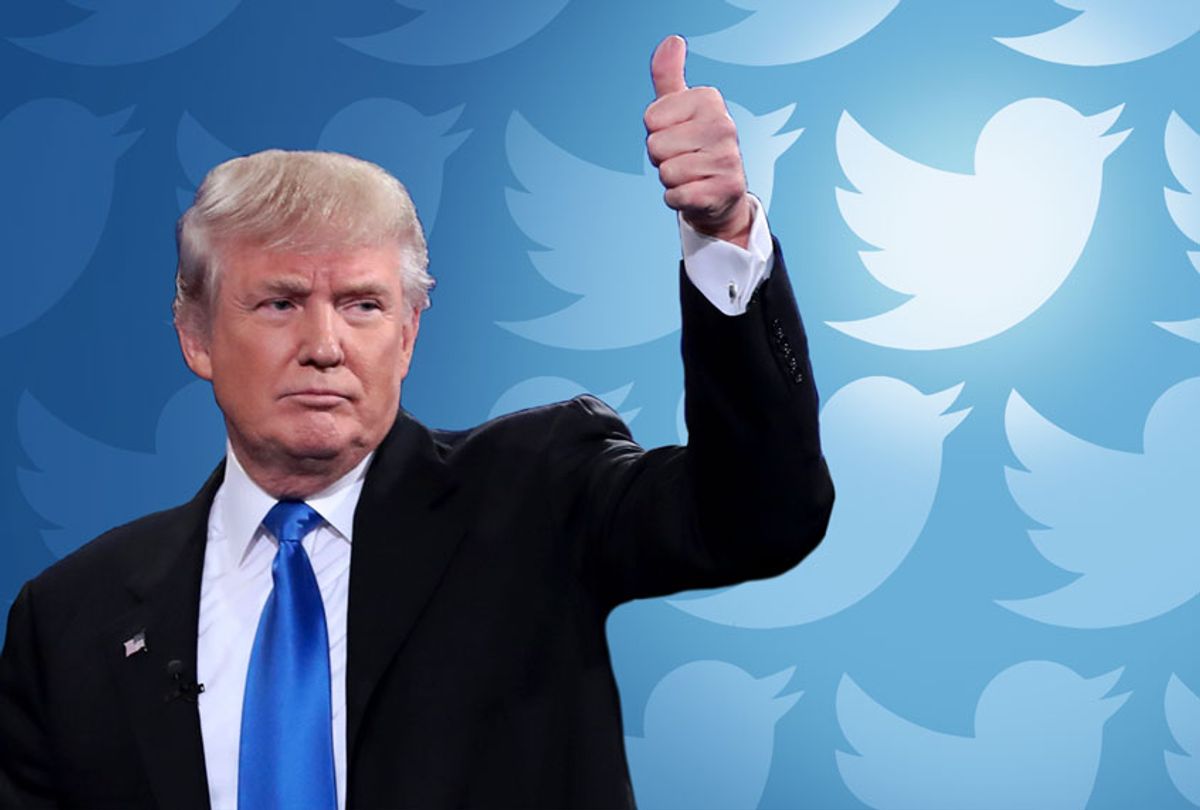After the killing of Iranian military commander Qassem Soleimani during a U.S. airstrike, President Donald Trump went to Twitter and threatened to launch additional attacks against Iran. Attorney Jerry Lambe, in a January 6 article for Law & Crime, examines the reactions of some legal experts to one of those tweets — including a Yale law professor who believes the tweets might have violated U.S. and international law.
On January 5, Trump tweeted, “These Media Posts will serve as notification to the United States Congress that should Iran strike any U.S. person or target, the United States will quickly & fully strike back, & perhaps in a disproportionate manner. Such legal notice is not required, but is given nevertheless!”
According to Yale law professor Oona A. Hathaway, that tweet “threatens to break several laws. First, the President cannot notify Congress under the War Powers Resolution by tweet.”
Hathaway asserted that Trump’s claim that “legal notice is not required” is blatantly false: whenever the president brings the U.S. armed forces into “hostilities,” Hathaway tweeted, he is required to formally notify Congress within 48 hours.
Trump, according to Hathaway, is “also obligated” to “consult with Congress before introducing United States Armed Forces into hostilities.”
Hathaway also tweeted that Trump is “promising a perhaps … disproportionate’ strike in response — that’s another promise of an international law violation. Any action taken in self-defense…. must be necessary and proportionate to the threat posed.”
Anna Massoglia, a researcher at the Center for Responsive Politics, tweeted that she was “dumbfounded” by Trump’s tweet, having recently pitched such a scenario for a research project. And attorney Mark Zaid, who is representing the whistleblower in the Ukraine scandal and Trump’s impeachment, was critical of Trump’s tweet as well.
Zaid asserted, “This is not how legitimate government process works…. It’s imperative we not concede it can work this way simply because a president is addicted to Twitter. Members of Congress of both parties, this is fundamental issue of separation of powers involving YOUR authority. Step up.”




Shares